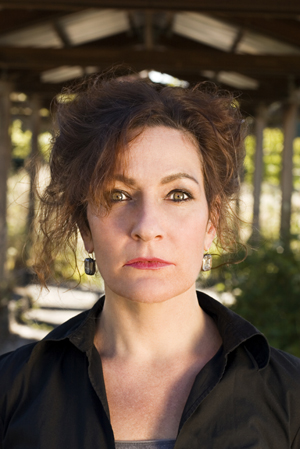
Millions of women are needlessly suffering from the symptoms of menopause because they are unaware of the benefits of hormone pellet therapy.
by Dr. William Nelson —
Every day, approximately 5,000 women in the U.S. turn 50, which happens to be the average age for the onset of menopause. Studies have shown that approximately 75 percent of these women seek some form of lifestyle, dietary or medical solutions to relieve their symptoms.
In addition to those entering menopause due to aging, a shocking statistic is that one-third of all women in the U.S. have had hysterectomies. After their operations, these women are prematurely thrown into “surgical” menopause and suffer from the same symptoms as women going through menopause who have not had surgery.
In 2002, a Women’s Health Initiative (WHI) study reported the dangerous effects of taking commercial synthetic hormone replacement therapy, such as the drugs Premarin and Prempro. Many women and their doctors decided to avoid all hormone replacement therapies as a result of these findings.
Dr. Kent Holtorf of the Holtorf Medical Group recently published a peer-reviewed medical article of 196 research studies, however, that concluded that bioidentical hormones do not have the negative side effects of synthetic chemical hormones and in no way relate to the conclusions reached by the WHI study.
Even though bioidentical hormones are created in a lab, they have the exact molecular structure as the natural hormones made in the human body. Therefore, bioidentical hormones provide the same physiologic responses as internally produced hormones and can relieve symptoms of menopause by bringing the body back into hormonal balance.
Hormones can be given in many forms, but hormone pellet therapy is the preferred delivery method. Tiny hormone pellets are inserted just under the skin in a simple, relatively painless procedure. The pellets last approximately three months and are absorbed according to the activity and stress level of the patient. The body sequesters the exact amount needed — 24 hours a day, seven days a week.
Other forms of hormone replacement deliver a daily dose of hormones, which results in a large spike in the system and then a drop to very low levels over the next 24 hours. Patients who have been unsuccessful with other forms of hormone replacement have great success with pellet therapy.
The symptoms of menopause that respond to hormone pellet therapy include: hot flashes, night sweats, fatigue, insomnia, mood swings, anxiety, depression, headaches, memory loss, mental fog, vaginal dryness, vaginal shrinkage, urinary infections and inability to hold urine, painful intercourse, low libido, premature wrinkling and aging of the skin, increased risk of broken bones and heart disease. Those receiving this treatment often describe it as a life-changing experience.
In addition to helping with menopausal symptoms, pellets are also helpful for women suffering from severe PMS, post-partum depression and menstrual headaches. Pellet therapy is also effective in helping men with the symptoms of low testosterone. These include many of the symptoms women experience during menopause, in addition to providing a much better solution than Viagra for erectile dysfunction.
Millions of women are needlessly suffering from the symptoms of menopause because they are unaware of the benefits of hormone pellet therapy. This simple procedure offers a safe and effective solution without the risks of synthetic hormone therapy and should become the standard of care for treating this common condition.
Dr. William Nelson is a naturopathic medical doctor and medical director of Skinovative Center for Optimal Health. He has 12 years experience combining time-honored natural therapies with the latest advances in modern medicine. 480-855-7546 or www.optimalhealthaz.com.
Reprinted from AzNetNews, Volume 29, Number 1, Feb/Mar 2010.





February 27, 2012
Estrogen, Health Concerns, Hormone replacement, Natural therapies, Women